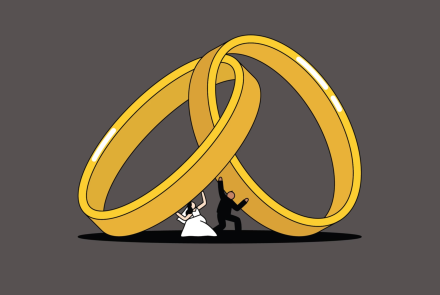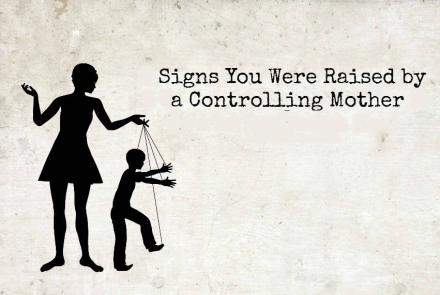Have societal changes in the West influenced the behavior and expectations of women in ways that contribute to higher divorce rates?
The argument that "the West influenced the behavior and expectations of women in ways that cause divorces" is a subjective and contentious one. It is important to approach this topic with sensitivity and nuance, recognizing that there is no one-size-fits-all answer, as individual relationships and divorces are influenced by a multitude of factors. However, I can present an argument from a perspective that suggests Western societal changes have influenced marital dynamics, which in turn may affect divorce rates:
- Changing Gender Roles: In many Western societies, there has been a significant shift in traditional gender roles. Women have gained more independence, educational opportunities, and career prospects. While these advancements are generally seen as positive steps toward gender equality, they can lead to conflicts in relationships. Some argue that the changing dynamics can create challenges when traditional roles and expectations clash with new aspirations and responsibilities.
- Marriage Expectations: The West has witnessed an evolution in societal expectations regarding marriage. In the past, marriage was often seen primarily as an economic and social institution. Today, it is often viewed as a partnership based on love, emotional fulfillment, and personal growth. With these evolving expectations, there may be less tolerance for unhappy or unfulfilling marriages, potentially leading to higher divorce rates as individuals seek greater personal happiness.
- Individualism: Western societies tend to prioritize individualism, where personal autonomy and self-expression are highly valued. This focus on self-fulfillment can lead individuals to prioritize their own well-being and happiness over the preservation of a marriage that may not be meeting their needs or expectations.
- Stressors of Modern Life: The demands of modern life, including long working hours, financial pressures, and the influence of technology, can place strain on relationships. Some argue that these external stressors, often intensified in Western societies, contribute to marital dissatisfaction and, in some cases, divorce.
- Media and Cultural Influences: Western media and culture often portray relationships and marriage in various ways, some of which may not accurately represent the complexities of real-life partnerships. These portrayals can shape individuals' expectations of marriage and influence their decisions when faced with difficulties.
It is important to note that these arguments are not meant to blame women or any gender for divorces but rather to highlight how societal changes and evolving dynamics in Western societies can influence relationships and, in some cases, contribute to divorce rates. Divorce is a complex issue influenced by a wide range of factors, and it is essential to approach discussions about it with empathy, understanding, and consideration for the diversity of experiences within society.







